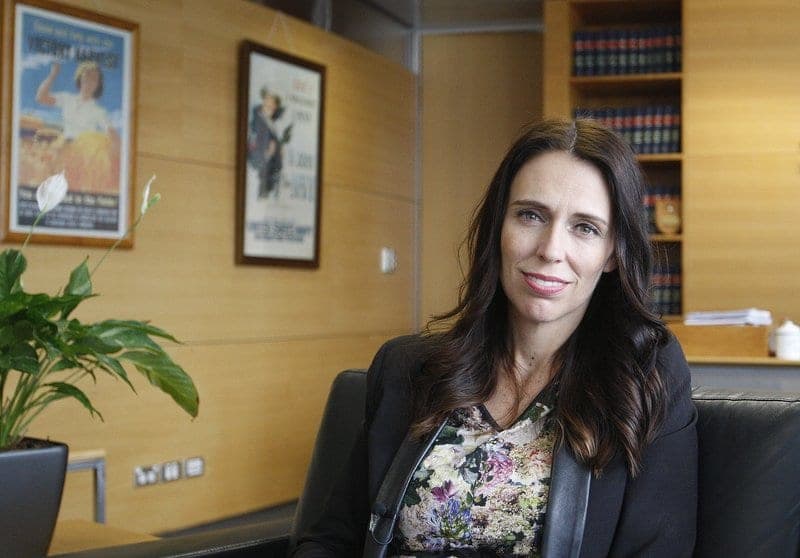Just months after the Australian Royal Commission into Institutional Responses to Child Sexual Abuse issued its final report, New Zealand is beginning its own royal commission – and the nation’s Catholic bishops are asking its institutions not to be excluded from scrutiny.
A royal commission is the highest form of inquiry in most countries where Queen Elizabeth II is the head of state, including Australia and New Zealand.
Right now, the New Zealand royal commission will look into youth detention centers, psychiatric hospitals and orphanages, as well as any government care services contracted out to private institutions.
Although this will include some Church-run facilities, the commission doesn’t include a broad mandate to look into religious organizations.
“We are of the firm view that no individual should be denied the possibility of making a submission to this Government inquiry,” said a letter from the New Zealand bishops’ conference.
RELATED: Youth want bishops to face sex abuse, women in the Church
The March 26 letter was signed by Auckland Bishop Patrick Dunn, President of the New Zealand Catholic Bishops’ Conference and Sister Katrina Fabish, Congregational Leader of the Sisters of Mercy, and sent to Prime Minister Jacinda Ardern, commission head Anand Satyanand, and children’s minister Tracey Martin.
“It would be wrong if some individuals felt excluded from this process simply because their path of referral to an institution was different from someone else’s,” the letter said.
The letter called for a broadening of the Inquiry’s ‘terms of reference’ to include a range of Church institutions.
“Like others, we are deeply disturbed when we learn of historical or current abuse that has occurred in institutions, including any run by churches. The draft terms of reference of the inquiry make clear the recognition that historical abuse must be examined, understood, acknowledged and addressed,” the letter said.
“Our views fully concur with this approach and we agree too that this is the way to learn lessons for today and the future, and continue to work towards healing,” it continued.
The Anglican Church in New Zealand also supported expanding the reach of the royal commission, sending the prime minister a letter saying, “it will be unhelpful to victims and survivors, if the inquiry and its process is limited only to the state sector, denying some the right to have their voices heard.”
Once established, royal commissions have a lot of autonomy and power, and can often take years to complete their task as the commission members see fit.
RELATED: Has Australian commission weakened the reformers on sex abuse?
Australia’s royal commission into institutional abuse – the longest-running in history – began in 2012 and looked into how the Catholic Church and other institutions responded to sexual abuse of children in Australia over 90 years.
The report heard the testimonies of more than 8,000 survivors of child sex abuse.
The Australian commission caused controversy when its final report, released in December, recommended that the Catholic Church eliminate mandatory priestly celibacy and abandon the seal of confession when confessions involve child abuse.
New Zealand’s Catholic leaders told the government they wanted to be “active contributors and learners within the Royal Commission of Inquiry.”
“We assure you once again of our support and our desire to learn from this national undertaking which we are confident will contribute positively to the strengthening and safeguarding of our whanau [a Maori term meaning ‘extended family’], communities and society,” they said.















